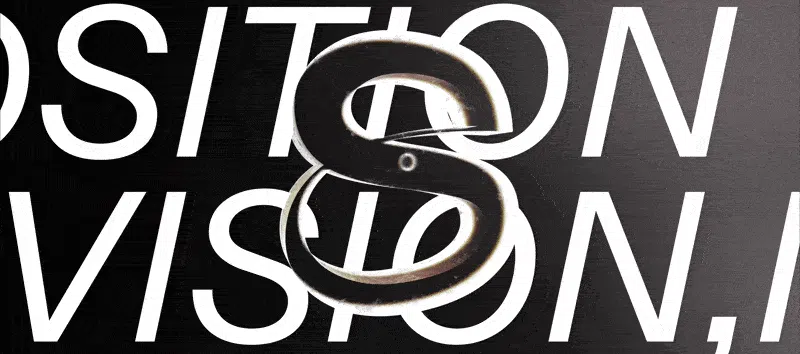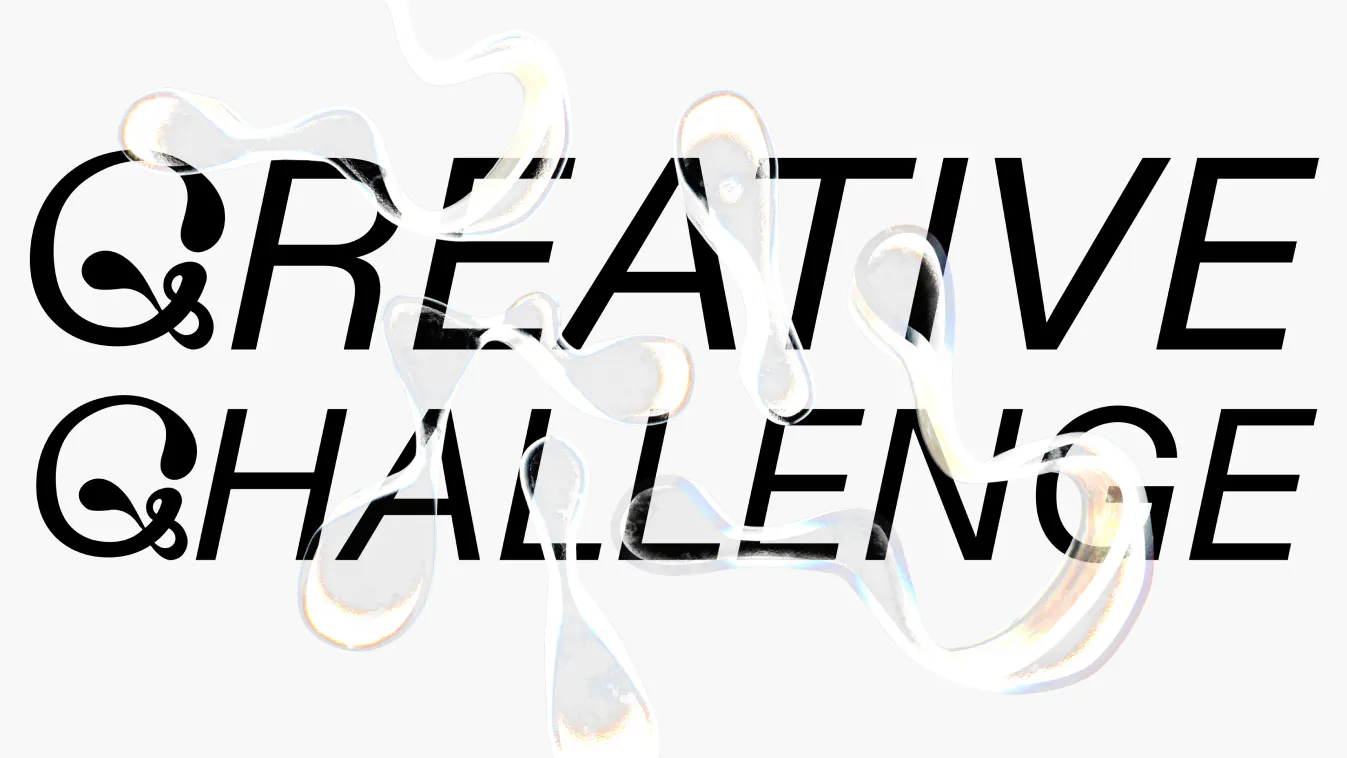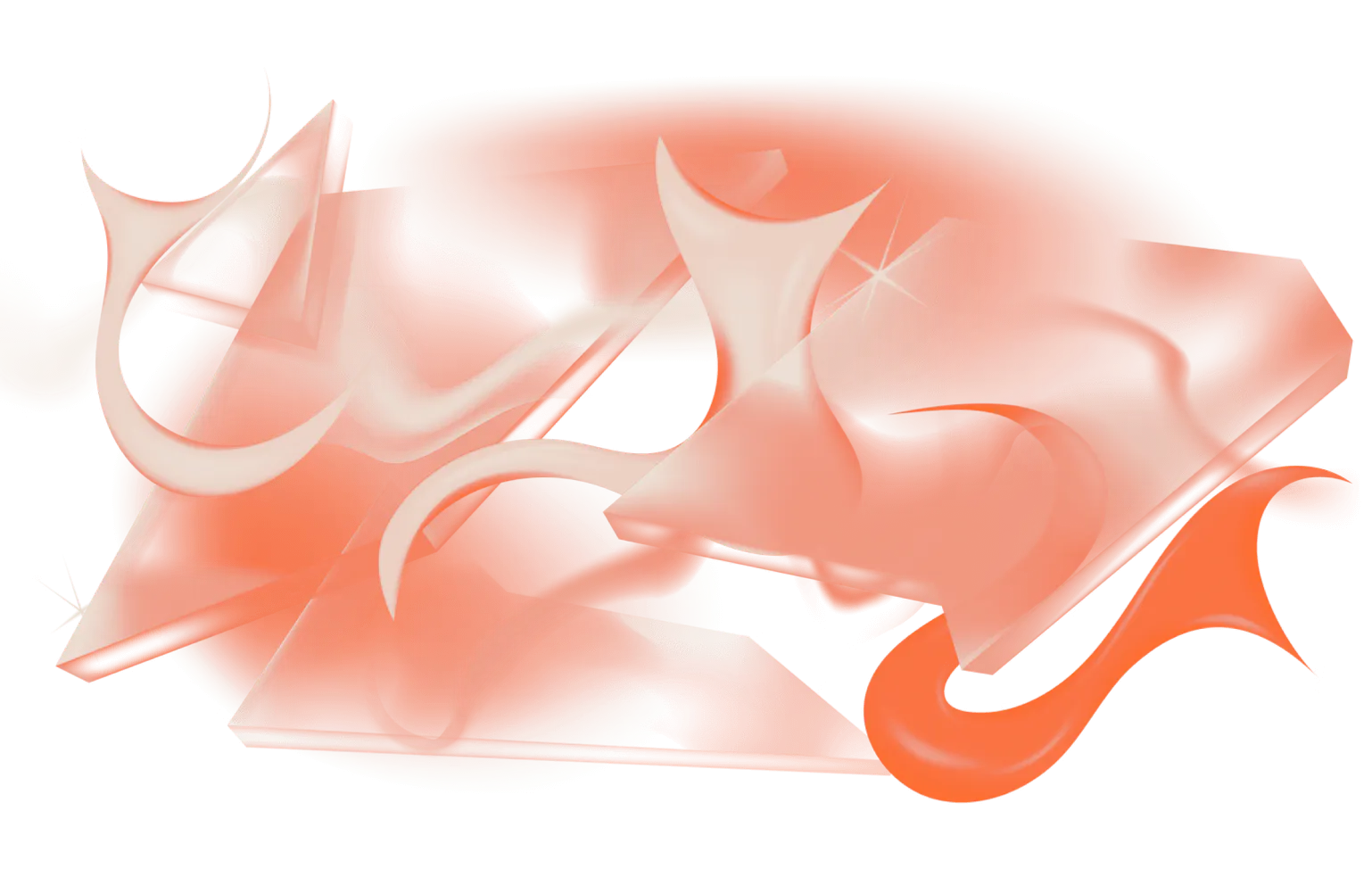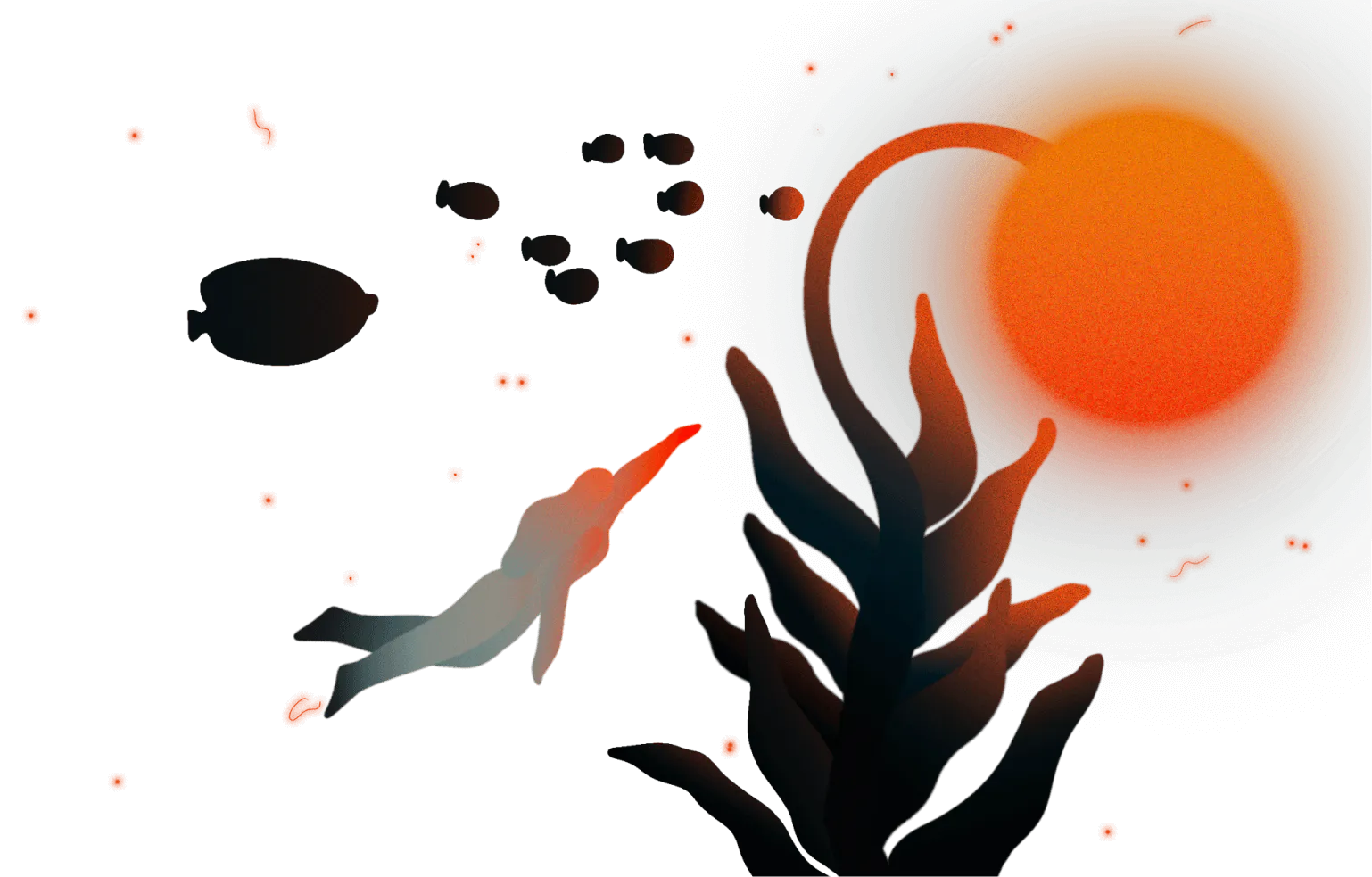
Strong stories stick
Strong stories stick
Lead Strategist
Too much direction can stifle the creative process. Not enough direction can leave us in the dark.
The first night I met the team at Wonderland I sat across the table from a brand designer who cautiously asked me what being a strategist meant and what it would look like in the studio. I could sense reservation. Uncertainty as to what a “strategy” would mean for the design process, and for creativity at Wonderland.
I’m honest; I don’t blame the reservations. At that moment, I knew I needed to choose my words carefully. Strategy, at best, often comes across as abstract. At worst, it brings on thoughts of buzz-wordy job titles, stiff processes, and click-baity LinkedIn listicles.
Inducing questions like: Does too much direction stifle the creative process? Will designers be told exactly what to design? …what does a strategist actually do?
But, before I get too carried away with a dinner table anecdote, let’s take a quick look at what I actually mean when I say strategy.

noun:
A set of guiding principles or rules, that defines the actions (tactics) intended to achieve something.
Synonyms: plan, arrange, frame, blueprint, conceive, contrive, create, devise, draught, draft, roadmap, scheme, chart, project, accomplish.
Let’s Break it down…
A set of guiding principles:
Can look like: Vision, Mission, Positioning, Narrative.
Actions (tactics)
Can look like: Brand Identity, Visual Identity, Website, Campaign, Animation, Video, Experience.
To achieve something
Can look like this: Give us a voice!, Get us seen! Get us sold! Get more signups!, Hire more staff! Launch our product! Become a thought leader! Sell more, give more, achieve KPIS, smash OKRS, etc.
Creative challenges and brand building are about understanding where we are, where we want to go, and what steps we need to take to get there. Creativity should be fluid and free with space to grow - right? So why is defining a strategic approach important?
To take a leap, we need confidence, guts, and good reason. A common language, a philosophy, a point that guides our clients, stakeholders, and teams to achieve something great. Think stable; something to hold on to. Not a random point on the horizon, but a path forward crafted with insights and data, and a deep understanding of an ecosystem. Strategic planning lets everyone comfortably sit back and know where we are going and why. We are setting off on a journey so let’s make sure we all agree on what map we are using before we set sail.
Because we don’t want to blend
We want to make great stuff, right? But, we want that "stuff" to be valuable. Design without an intelligent reason to do so runs the risk of falling flat in our ever-crowded visual junkyard of a world. Anyone can stand out, but it's about understanding what makes a business and its challenges unique if we want to have a competitive advantage. That sweet spot, that insight, that spark.
That's what gives us the power we need to make something special. Unexpected ideas need fertile soil. We all know the cliched story of the kindergarteners and the fence. Serious play and experimentation flourish when there are a few supportive guides.
And, because a story is the heart of everything
A well-told story comforts and nurtures. Touching the creative team, the CEO, and bleeding all the way through to the most important people - the audience. Audiences are smart, and they can smell an inconsistent message and inauthentic brand positioning a mile away. Strategic thinking helps us craft a powerful narrative or philosophy that hits hard. Extending into every touchpoint from branding design to how our avatar behaves in the metaverse.
Clearly and emotively distilling the essence of: "Why do we exist? What can we do to show that to the world?" By understanding the small nuances of a challenge, ecosystem, and audience, we can build a brand narrative that sells the idea and gives a warm and fuzzy feeling. Something honest, genuine, and individual.
A strong story sticks.
Back at the dinner table (after a short back and forth that was not as smooth as the summary you just read), we arrived somewhere comfortable. We agreed on the analogy of a live show. Strategy is about making sure everyone knows that we will be performing in a small, intimate venue. It lets us know what time the crowd is arriving. It's not about dictating which notes the musicians play - but it’s important they know the crowd is coming for folk, not heavy metal.



